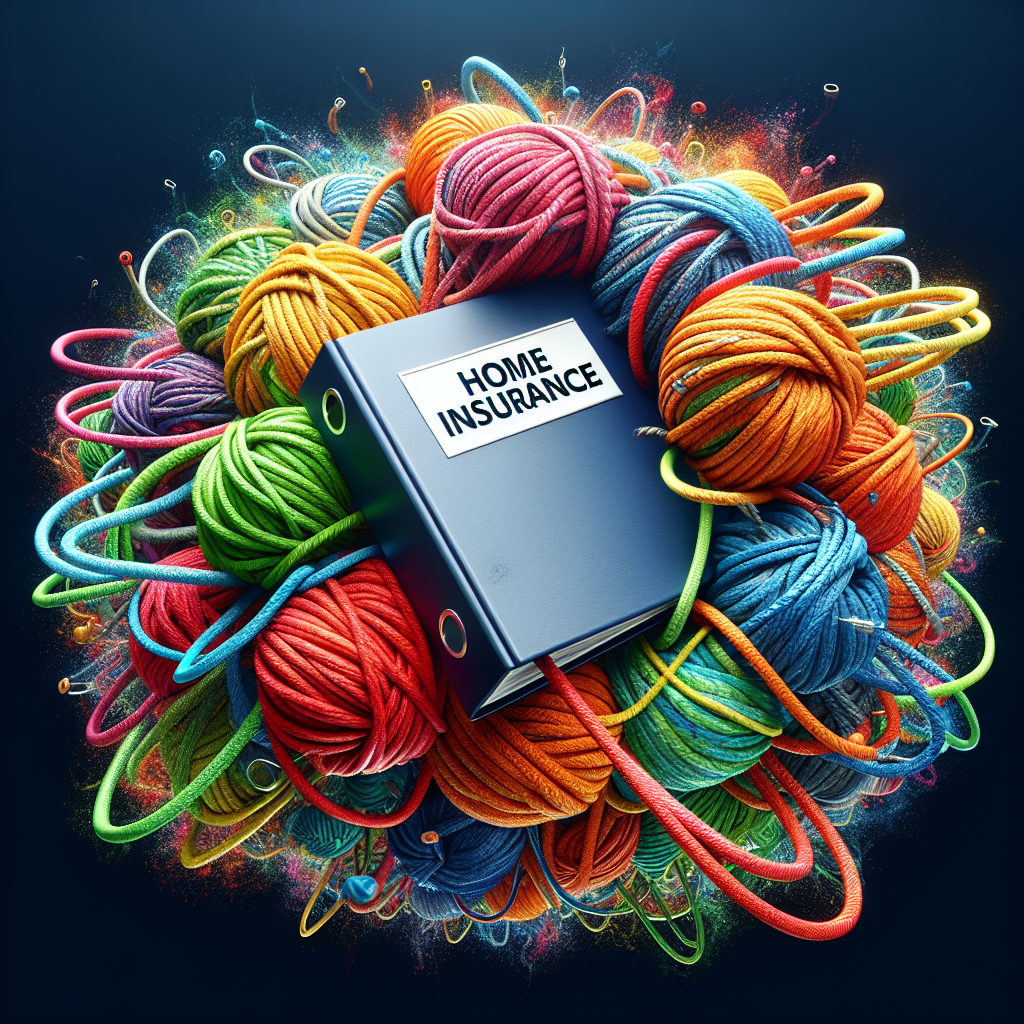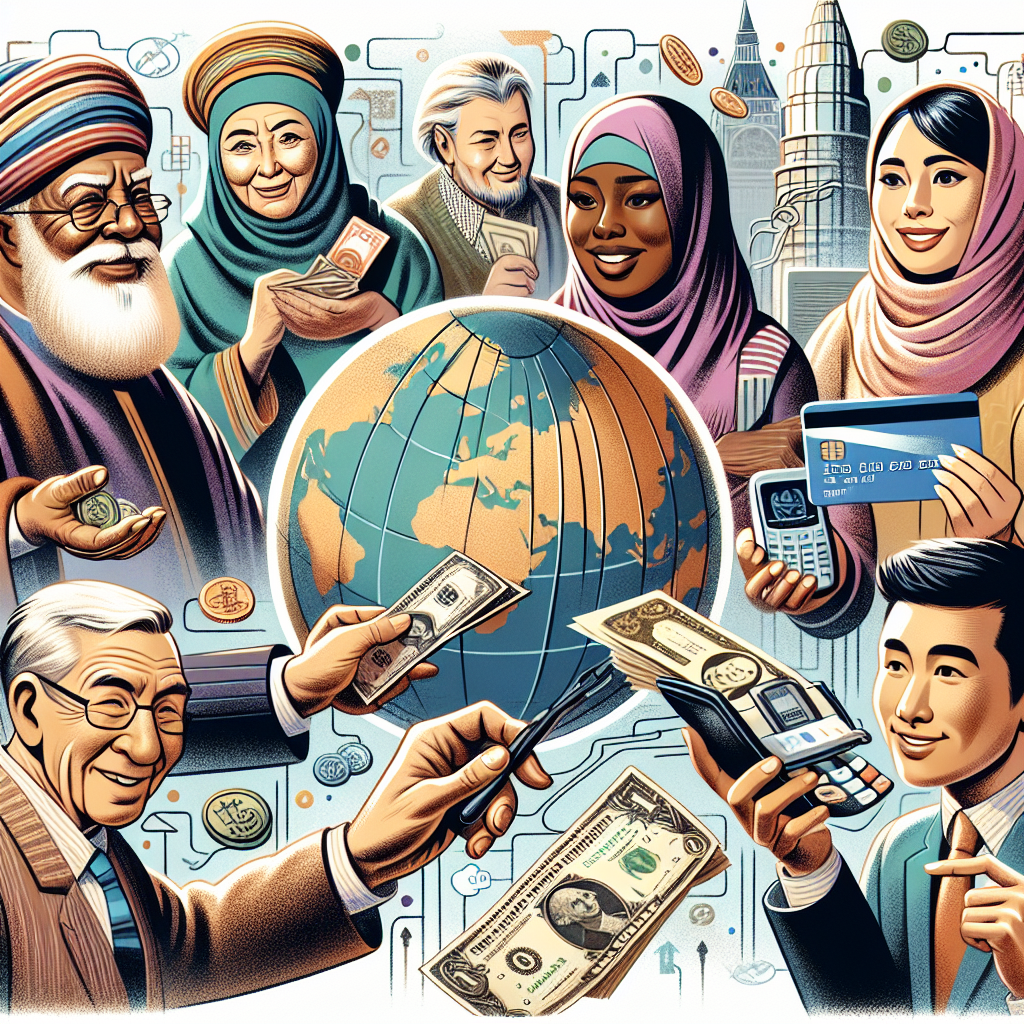In our digital world, keeping our identity safe is really important. One way to do this is by using something called blockchain. But what is blockchain, and how does it help us manage and verify our identity? Let’s find out.
Blockchain is a special kind of technology that keeps information safe and secure. You can think of it as a digital notebook that everyone can see but no one can change. This is helpful because when we share our personal details online, like our name or age, we want to make sure that no one can fake them. Blockchain helps with that by creating a record that is hard to tamper with.
Digital identity management means keeping track of who you are online. It can include things like passwords, usernames, and other personal information. With blockchain, every time you prove who you are, it gets written in the blockchain. This makes it easy for you to use your identity across different websites without worrying about it being stolen.
Verification is another important term. It means checking if something is true or real. When you use blockchain for verification, it helps companies know that you are who you say you are. This is super important for things like banking or signing up for services because it reduces fraud and increases trust.
In conclusion, blockchain plays a key role in how we manage and verify our digital identity. It’s a safe and smart way to protect our personal information online. As we keep using the internet more and more, understanding how blockchain works will help us stay safer in our digital lives.
Understanding Digital Identity
Digital identity refers to the online representation of an individual or entity. It includes various aspects such as personal information, credentials, and online behavior. With the rise of the internet, managing and verifying digital identities has become increasingly important.
The Challenges of Digital Identity Management
Managing digital identities presents several challenges:
- • Security: Cyber attacks can lead to identity theft.
- • Privacy: Users often lose control over their personal data.
- • Fraud: Fake identities can be created easily online.
- • Fragmentation: Users have multiple accounts across various platforms, making it hard to manage identities centrally.
What is Blockchain?
Blockchain is a decentralized digital ledger that securely records transactions across many computers. This means that no single entity controls the information, and data cannot be easily altered or deleted.
The Role of Blockchain in Digital Identity Management
Blockchain technology has the potential to revolutionize digital identity management in several ways:
- Decentralization: Users have control over their own identity without relying on a central authority.
- Security: Data stored on the blockchain is encrypted and immutable, greatly reducing the risk of identity theft.
- Transparency: Transactions on the blockchain are visible to all users, which can help prevent fraud.
How Does Blockchain Enhance Verification?
Verification of identities using blockchain can simplify processes. Here’s how:
“Blockchain can reduce identity fraud by providing a secure way to verify one’s identity.”
With blockchain, users can verify their identities through cryptographic keys, increasing trust and reducing the likelihood of fraud.
Real-World Applications of Blockchain in Digital Identity Management
Many companies and organizations are adopting blockchain technology for digital identity purposes. Some notable examples include:
- • Estonia: The country uses blockchain to secure its e-Residency program.
- • IBM: They have created a blockchain solution for identity management that aims to improve security and privacy.
- • Microsoft: Their “Decentralized Identity” initiative leverages blockchain technology to give users control over their identity.
Challenges in Implementing Blockchain for Digital Identity
Despite its potential, there are challenges to using blockchain for digital identity:
- Adoption: Many organizations are hesitant to transition from traditional methods to blockchain.
- Regulation: The legal landscape around digital identities is still developing.
- Scalability: Blockchains need to handle a large number of transactions efficiently.
Future of Blockchain in Digital Identity Management
The future looks promising for blockchain in digital identity management. As technology evolves and more organizations start to recognize the benefits of blockchain, we could see:
- • Increased security and privacy.
- • Greater user control over personal information.
- • Simplified verification processes.
“The use of distributed ledger technology can empower individuals to take control of their own identity.”
Conclusion
Blockchain technology offers a transformative approach to digital identity management and verification. By addressing the challenges of security, privacy, and trust, blockchain can help create a more secure and efficient way for individuals to manage their digital identities.
What is blockchain technology?
Blockchain technology is a decentralized digital ledger that records transactions across multiple computers in a way that the registered information cannot be altered retroactively. This ensures high levels of security and transparency.
How does blockchain enhance digital identity management?
Digital Identity Management and e-KYC with Blockchain
Blockchain enhances digital identity management by providing a secure, immutable record of identity attributes. Each individual’s identity can be stored on the blockchain, enabling them to control their personal information and share it selectively without relying on centralized authorities.
What are the benefits of using blockchain for identity verification?
The benefits of using blockchain for identity verification include improved security against identity theft, faster verification processes, reduced costs associated with manual checks, and greater transparency and trust since the information is tamper-proof.
Can blockchain technology protect against identity fraud?
Yes, blockchain technology can significantly reduce the risk of identity fraud by ensuring that only authorized individuals have access to personal information and that all identity transactions are recorded in a secure manner, making it difficult for fraudsters to manipulate data.
What are self-sovereign identities?
Self-sovereign identities (SSIs) are digital identities that grant individuals full control over their personal data. With blockchain, users can create, manage, and share their digital identities without relying on third-party services.
How is privacy maintained with blockchain-based identity systems?
Privacy in blockchain-based identity systems is maintained through cryptographic techniques that allow individuals to share only verified attributes of their identity without revealing sensitive information. This way, users can retain their privacy while still proving their identity.
Are there any challenges associated with using blockchain for digital identity?
Some challenges include the need for universal acceptance and standardization of blockchain protocols, the complexity of technology for average users, and potential regulatory hurdles that need to be addressed for widespread implementation.
Is blockchain identity management scalable?
Scalability is a critical aspect of blockchain identity management. While current blockchain solutions have made significant strides, further development is required to enhance transaction speed and handle large volumes of identities efficiently.
What industries can benefit from blockchain in digital identity management?
Various industries can benefit from blockchain in digital identity management, including finance for secure KYC processes, healthcare for secure patient records management, and government services for efficient identification and verification processes.
How can individuals get started with blockchain-based digital identity?
Individuals can get started with blockchain-based digital identity by exploring existing platforms that offer SSI solutions, creating a secure digital wallet, and gradually transitioning their identity information to blockchain technologies that emphasize privacy and security.



